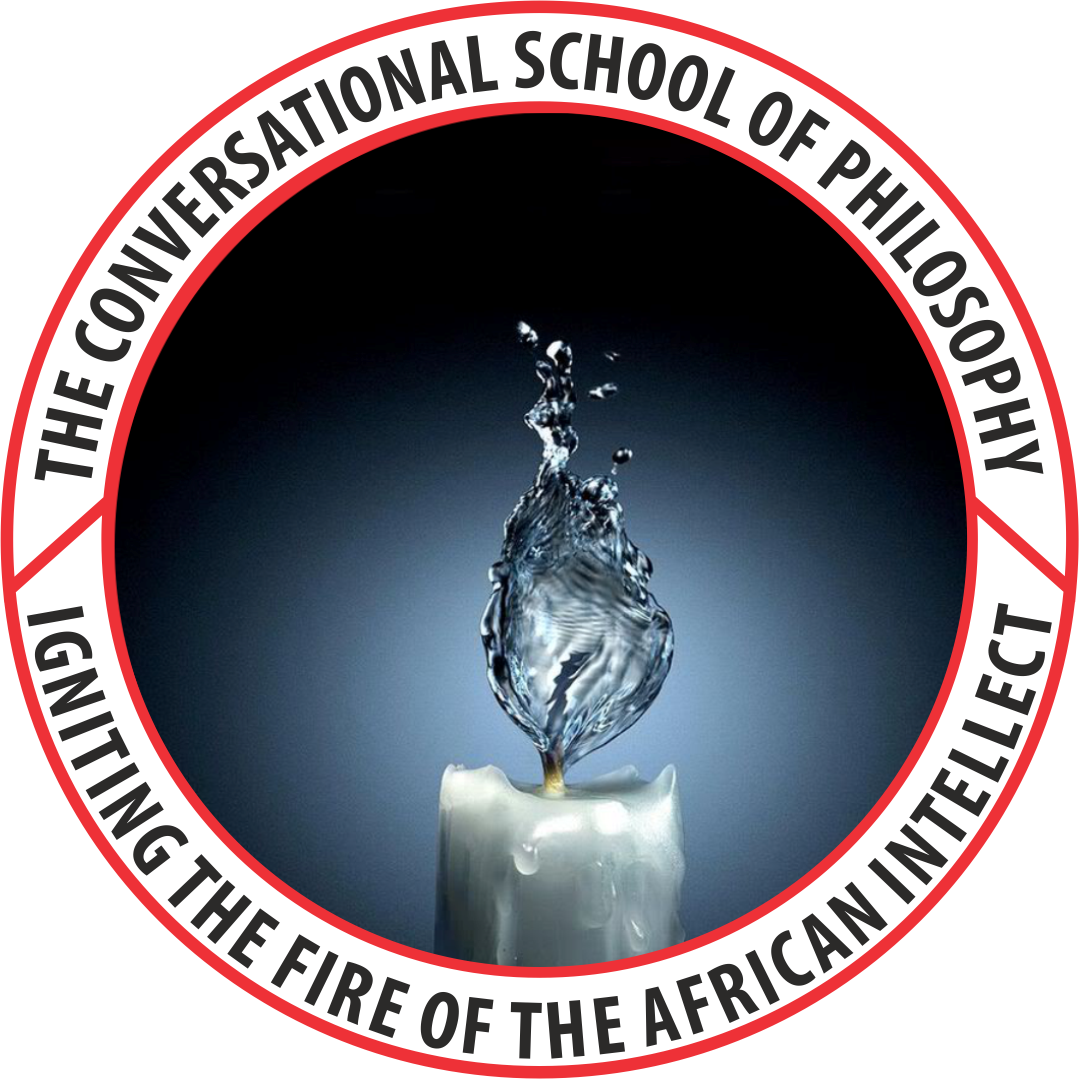Arụmarụka: Journal of Conversational Thinking ISSN: 2788-7928
Editorial Board
- Dr Aribiah Attoe, Editor-in-Chief, University of the Witwatersrand, South Africa
- Dr Isaiah Negedu, Associate Editor, Federal University of Lafia, Nigeria
- Dr Paul Michael, Member, University of Johannesburg, South Africa
- Dr Maduka Enyimba, Member, University of Calabar, Nigeria
- Dr Uchenna Ogbonnaya, Member, Conversational School of Philosophy, Nigeria
- Dr Umezurike J Ezugwu, Nigerian Maritime University, Okeronkoko, Nigeria
- Dr Amara Esther Chimakonam, University of Fort Hare, South Africa, Admin
- Dr Evaristus Eyo, University of Pretoria, Style-Checker and Editorial Assistant
Editorial Consultants
- Prof Fainos Mangena, University of Zimbabwe
- Prof Dorothy Oluwagbemi-Jacob, University of Calabar
- Prof Luis Cordeito-Rodrigues, Hunan University
- Prof Mojalefa Koenane, University of South Africa
- Prof Jonathan O Chimakonam, University of Pretoria
- Prof Pascah Mungwini, University of South Africa
- Prof Innocent Asouzu, University of Calabar
- Dr Bjorn Freter, SOAS, University of London
Editor-in-chief’s Contact:
Dr Aribiah David Attoe,
The Conversational School of Philosophy (CSP), RM 16, Department of Philosophy, Box 3684, University of Calabar, Nigeria
editor@cspafrica.org, csp.info@unical.edu.ng
Aim and Scope
Arụmarụka: Journal of Conversational Thinking was founded in January 2021 to promote the theory of Conversational Thinking propounded by Jonathan O Chimakonam and other proponents, and endorsed by the Conversational Society of Philosophy. The goal is to make it a world-class academic journal, publishing high-quality articles that engage deeply with ideas centred around African philosophical, political, sociological, historical, anthropological thinking etc., with the aims of reclaiming, correcting and promoting accurate African narratives, and fostering continuous conversation, and system building in African scholarship. It aims also to create a platform where scholars in African philosophy and studies can present novel ideas, critique and converse with established ideas/ systems, and build on existing systems using the conversational method.
Editorial/Review Process
This journal operates three layers of review, one editorial review and a double-blind peer-review process, where two anonymous reviewers review anonymised manuscripts. Authors should expect the Editor to reach (and inform them of) a decision, including recommending corrections, if any, or acceptance/rejection of any manuscript within three months of receipt. It is important to note that Editors are not committed to the views expressed in articles. Authors must take the time to proofread their works. Poorly written and incoherent articles would be summarily rejected during Editorial review. Where an editor judges a manuscript to be of high quality after editorial review, one blind review only may be carried out. Only manuscripts that meet the required standard would move on to the peer review stage.
Authorship/co-authorship Criteria
An author is one who produced a manuscript following all standards of manuscript production involving referencing, citations, quotations, consultations, interviews, reviews, discussions, argumentations, articulation, speculation, critical engagement, etc. Such a person would be able to claim originality to the work and must have not plagiarised another author. A co-author is one who has participated in a research and produced a work following all standards of research.
Publication Ethics Statement
The journal strongly opposes all forms of publication malpractices and complies with the code of ethical publishing as set out by the Committee on Publication Ethics. This involves manuscript submission, processing, publications, and issues concerning conflict of interest, etc.
Authors are required to declare any and all possible conflict of interest/competing interests cases. Complaints, allegations and appeals are handled deftly by given all parties a chance to present their case and supporting evidence, before a decision is made by the editorial board. All complaints and appeals are to be sent to info@cspafrica.org. The journal policies on data sharing and reproducibility is in line with the current COPI Act on publishing. The journal also asserts and maintains author intellectual property rights to their essays. Journal’s option for post-publication discussions, corrections and ethical oversights is a peaceful discussion until consensus is arrived at. This may be carried out through email exchanges or zoom meetings, where necessary. All ethical and malpractice cases are to be reported to the journal at info@cspafrica.org. Issues concerning corrections and post-publication discussions are to be channeled to the publishing editor at publisher@cspafrica.org.
Plagiarism Policy
Manuscripts submitted to this journal are subjected to routine plagiarism screening using the Grammarly software. An acceptable percentage is below 10% but should ideally be less than 5 %. Authors should submit an anonymised version of their article as well as a separate title page that includes the title of their article, their names, email address, ORCID number, University affiliation, in that order.
Statement of Peer Review
Articles submitted to this journal are subjected to external double, and in rare cases, single blind review following a satisfactory single internal editorial review. Authors should submit an anonymised version of their article as well as a separate title page that includes the title of their article, their names, email address, ORCID number, University affiliation, in that order.
Copyright terms/Licensing Terms
Arụmarụka: Journal of Conversational Thinking, uses the Creative Common Licence (CC BY-NC-ND). This licence “allows reusers to copy and distribute the material in any medium or format in unadapted form only, for noncommercial purposes only, and only so long as attribution is given to the creator”. Authors are allowed to reprint their work elsewhere insofar as proper acknowledgement is given to the journal, and permission is granted by the Editor of the Journal.
Article Publication Charges
Arụmarụka: Journal of Conversational Thinking is fully Diamond Open Access and publishes free of charge.
Indexing Information:
Arụmarụka: Journal of Conversational Thinking is indexed in AJOL and DOAJ.
The CSP, a non-profit academic organization, invites funders and agencies to partner in implementing its programs and can be contacted at admin@cspafrica.org for inquiries.
Say in touch
Subscribe to receive our latest offers and news via your email address
© 2024 The Conversational School of Philosophy, All Rights Reserved

